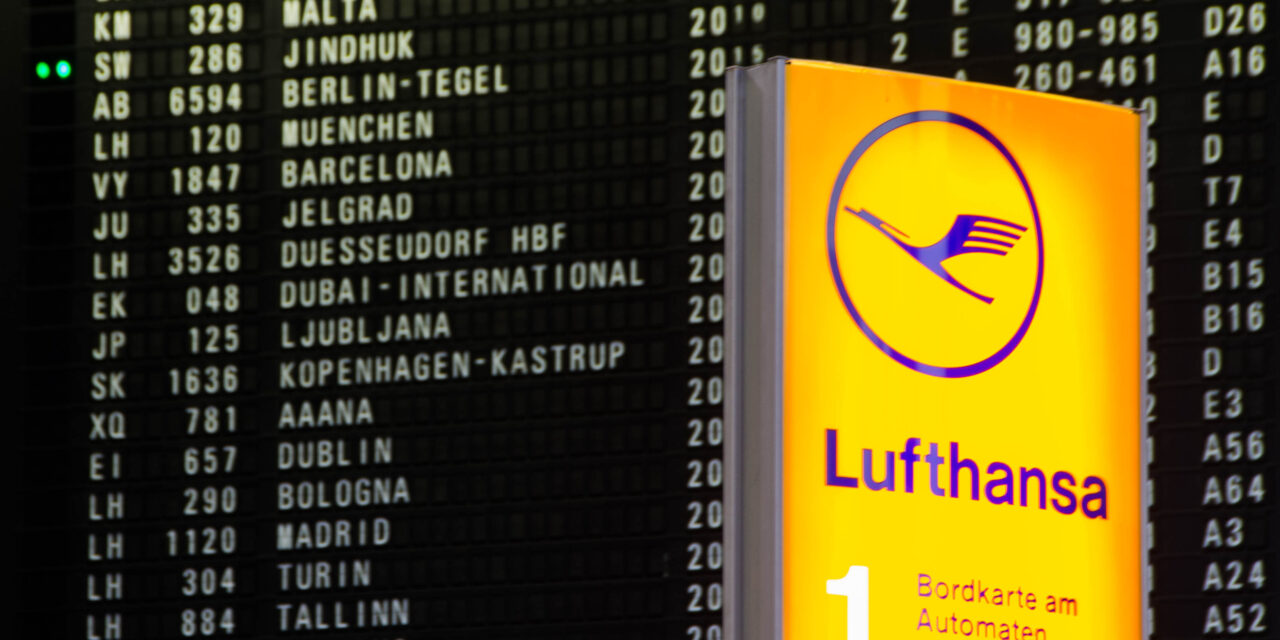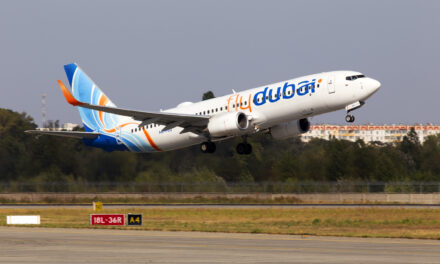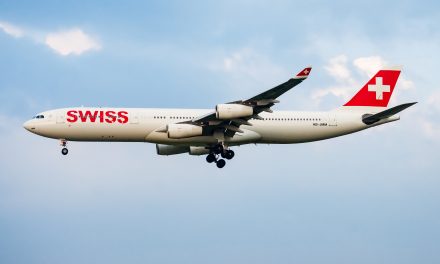Early-Year Challenges and Financial Impact
The first quarter of 2024 presented hurdles for Lufthansa Group. A series of worker strikes resulted in a €350 million financial blow due to cancellations. While passenger numbers still managed a 12% year-on-year increase, the industrial disputes impacted the company’s financials significantly. The operating loss ballooned to €849 million compared to the previous year, with the core Lufthansa Airlines operation suffering the most (€640 million loss). As a result, the company is implementing cost-cutting measures like reducing operating expenses, postponing new projects, and evaluating administrative staffing needs.
CEO Spohr Expresses Optimism and Announces Expansion Plans
Despite the early-year challenges, CEO Carsten Spohr remains optimistic about the future. He emphasises leaving the strike-impacted first quarter behind and focusing on reaching long-term wage agreements with employees. This newfound stability, combined with strong demand exceeding last year’s summer season, allows the company to confidently expand its offerings, particularly on long-haul routes. Bookings are currently up a significant 16% compared to last year.
Positive Signs for Business Travel and Premium Service Enhancements
Lufthansa reports sustained global demand for flights, with a particular growth area being business travel on long-haul routes. Notably, India and Japan are seeing increased traffic alongside the traditionally strong North American destinations. To cater to this premium segment, the company is launching its new Lufthansa Allegris long-haul cabins. Starting May 1st, passengers can experience these upgraded services on Airbus A350 flights between Munich and Vancouver. Spohr highlights the positive trend in both leisure and business travel, with a focus on enhancing premium experiences and ensuring reliable flight operations.
Capacity Recovery Plans and Booking Trends
Lufthansa Group is on the path to recovery despite the early-year setbacks. Capacity for the second quarter is projected to reach around 92% of pre-pandemic levels. However, investments in operational stability and delayed aircraft deliveries will slightly slow the year-on-year increase in Q2. By Q3, capacity is expected to climb to 95% of 2019 levels. The company acknowledges passenger booking hesitancy in April and May due to the resolved wage disputes.










